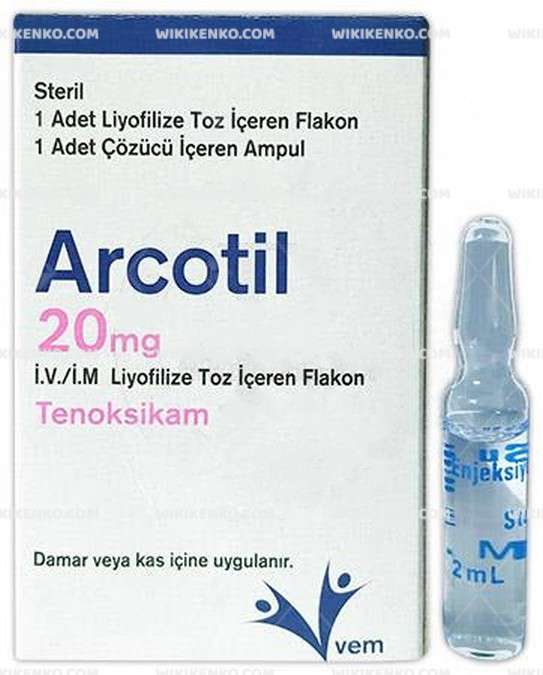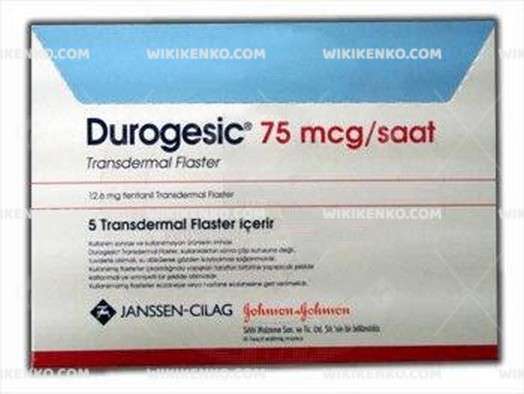Description
Notice: This page provides information about the Arcotil ingredient: Tenoxicam, despite the limited available information.
Tenoxicam, classified as a non-steroidal anti-inflammatory drug (NSAID), boasts a remarkable repertoire of anti-inflammatory and analgesic properties. This characteristic sets the stage for its vital role in the management of various medical conditions.
Applications and Indications
Tenoxicam’s versatility shines through in its applications. It is primarily employed in the following scenarios:
1. Osteoarthritis and Rheumatoid Arthritis
- Purpose: To alleviate pain and reduce inflammation.
- Impact: Enhanced quality of life for patients battling these chronic conditions.
2. Acute Musculoskeletal Disorders
- Purpose: Short-term management of acute musculoskeletal disorders.
- Scope: Encompasses strains, sprains, and other soft-tissue injuries.
Dosage and Administration
The efficacy of Tenoxicam is closely tied to its appropriate administration. Here’s a glimpse into the recommended protocol:
1. Dosage
- Daily Dose: Initiate with a single daily dose of 20 mg.
- Duration: Administer for one to two days initially.
2. Route of Administration
- Intravenous (IV) or Intramuscular (IM): Ensure proper IV or IM delivery.
- Oral Form: Transition to the oral form post-initial treatment.
- Timing: Maintain consistency with daily administration at the same time.
Contraindications
While Tenoxicam is a valuable therapeutic tool, it’s crucial to be aware of contraindications to ensure safe usage. Specifically, Tenoxicam should not be employed in cases involving:
Peptic Ulcer or Hemorrhage
- Situation: Active or a history of recurrent peptic ulcer/haemorrhage (two or more distinct episodes).
- Rationale: Avoidance of potential exacerbation of existing gastrointestinal issues.
Special Considerations
1. Elderly Patients
- Caution: Elderly individuals should exercise special caution when using Tenoxicam.
- Reasoning: The elderly are at a heightened risk of experiencing severe consequences from adverse reactions.
2. Pediatric Usage
- Data Insufficiency: Currently, there isn’t enough data to make recommendations regarding Tenoxicam’s administration in children.
3. Renal and Hepatic Insufficiency
- Renal Insufficiency: Dosage adjustments may be necessary based on creatinine clearance in patients with renal insufficiency.
- Hepatic Impairment: There’s insufficient information to provide specific dosage recommendations for individuals with existing hepatic impairment.
Conclusion
In conclusion, Arcotil I.M./I.V. Liyofilize Powder Iceren Vial, encapsulating Tenoxicam, stands as a beacon of hope in the realm of anti-inflammatory therapy. This potent NSAID, equipped with remarkable anti-inflammatory and analgesic properties, empowers patients battling conditions such as osteoarthritis, rheumatoid arthritis, and acute musculoskeletal disorders.
The precise dosage and administration guidelines, coupled with an understanding of contraindications and special considerations, ensure the safe and effective utilization of Tenoxicam. However, it is paramount to approach Tenoxicam under the vigilant guidance of healthcare professionals who can tailor treatment plans to individual needs and conditions.











Reviews
There are no reviews yet.